The art of buying and collecting antique clocks is a passion that has compelled even the most influential personalities and has graced formidable homes, even museums.
They have been highly sought after pieces by clock collectors and clock aficionados alike. Acquiring them is as complex as selling antique clocks.
There are lots of things you have to keep in mind to assure that you are getting something worth of your hard earned money.
Educate yourself
Before you start shopping, learn about different types of antique clocks, including wall clocks, mantel clocks, grandfather clocks, and specialty clocks like bracket or carriage clocks. Understand the key features, mechanisms, and styles associated with each type.
Define your budget
Decide on a budget range that you are comfortable with. Antique clocks vary widely in price, depending on factors like age, rarity, and condition. Your budget will help you narrow down your options.
Research and documentation
Look for documentation or provenance that comes with the clock, such as original receipts, appraisals, or certificates of authenticity. This information can add value and help verify the clock’s history.
What to look for in an antique clock?
When you buy an antique clock, make certain of these following specifications before you spend fortune in buying one.
Antique clock’s mechanical condition
Check the timepiece for any known mechanical problems. Inquire if any form of work has been performed and done, perhaps an antique clock repair or old clock restoration, including who performed the service.
Antique clock’s history
Before you purchase your antique clock make sure to learn of the following:
• Antique clock’s age, what year was it made and produced?
• Model of the vintage clock, is it stated in any clock book or catalog?
• Old clock’s provenance, does it have any written documentation that pertains to the clock’s history? Does it state important facts, such as it was once owned by a well known historical, political or an entertainment figure?
• Antique clock appraisal, has it been appraised by a reputable old clock appraiser and is it documented?
Antique clock aesthetics
• Check the old collectible clock’s physical attributes, antique clocks are not collected for their time keeping abilities alone, but their stately appearance contributes much to their demand.
• Examine the material, clock parts, movement, case, dial, and other decorative elements of the antique clock. Make sure they are all original without unnecessary marks and no missing parts.
• See to it that that antique clock maker’s signature is intact, check if the label is authentic and if that particular maker is reputable and listed in clock books.
Antique clock’s seller policies
Be careful as to where you buy antique clocks; know the seller policies and guarantees such as:
• Return policies (if there are any), you should be able to return the clock if it turns out to be different than what was stated.
• Antique clock guarantees (have it documented and written)
• Charges, such as sales tax, shipping costs, insurance, and other extra fees.
Lastly, you have to beware of antique clock reproductions. Do not be tricked into buying fake old clocks that are sold by unscrupulous dealers.
What antique clock to buy?
Everything about buying antique clocks involves making the right decisions. For whatever reason that you decide to get one, it is particularly important that when you buy an old clock, you know exactly what you want and you are certain of your preferences.
Do backgrounds check on the timepiece that you have in mind. Learn about the make, specifications, and popular clockmakers on the particular antique clock that you want to purchase.
By determining this, you would be assured that you at least know something and can therefore ask related questions that would clarify anything indefinite. This would also assure you that you are buying and old clock that is authentic and valuable.
Vintage clocks that has been thru repair and restoration are risky items, one that you must check into deeper and know if the particular service has fully revived the old clock to its best working condition.
Existing mechanical problems on an old clock presents great risks on your purchase. Also, consider the space you have in your home or in the office in which the vintage clock will be displayed.
If you have a large room that can accommodate an antique longcase clock, then it should be the ideal timepiece to get.
However, if you do not have that much space, small antique time tellers should do fine such as an old mantel clock or perhaps a vintage wall clock.


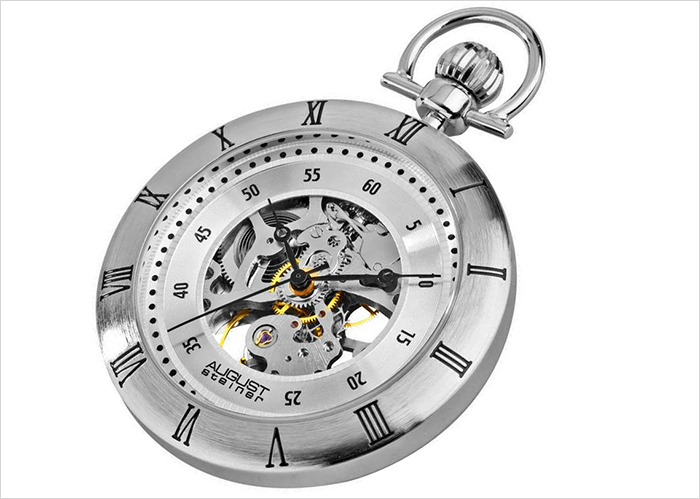
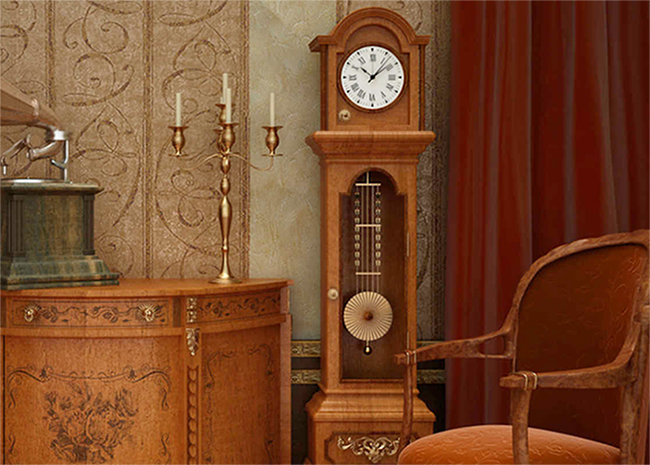
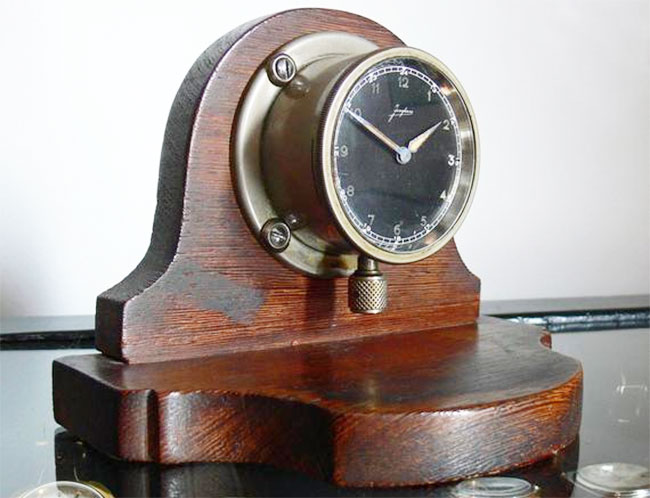
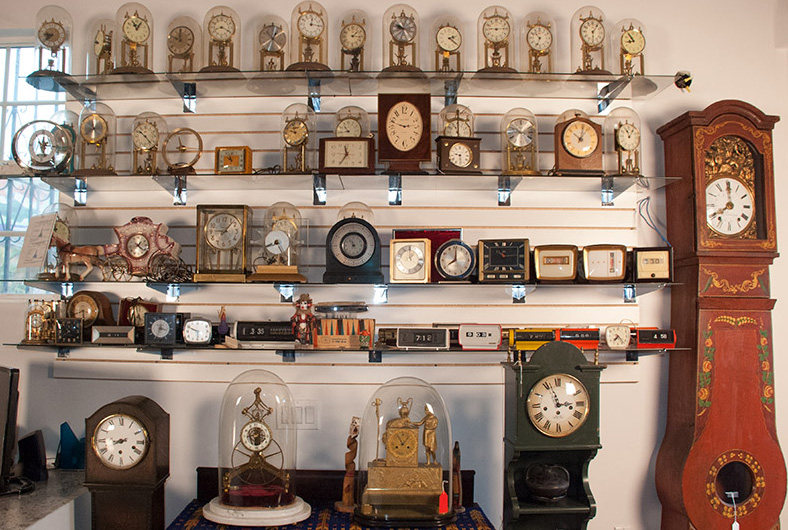


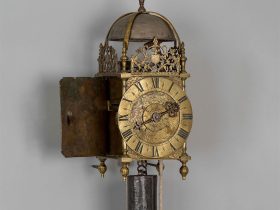


Leave a Reply